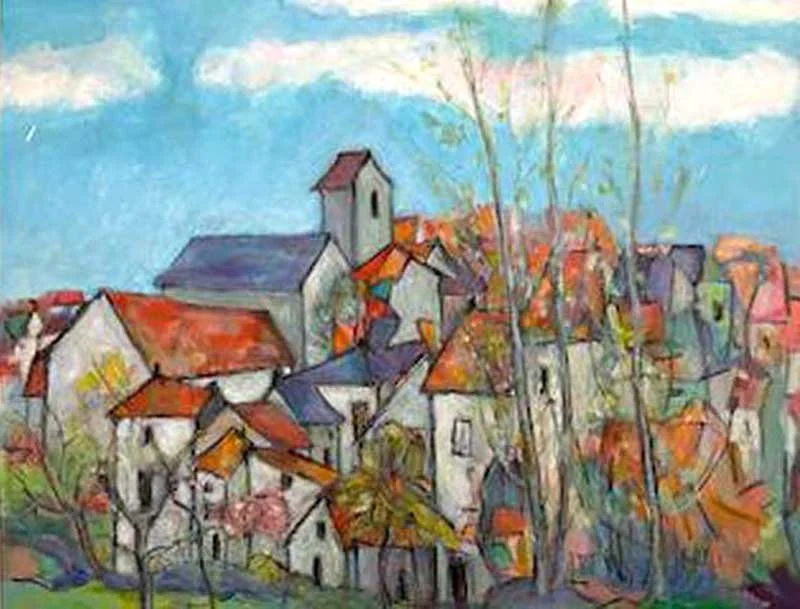By Harriet Marin Jones
Synopsis:
Gangster for some, hero for others, who was really Edward Jones? In the ’30s and ’40s, this descendant of slaves becomes one of the richest men in the US thanks to the Policy business, an illegal numbers game that ultimately became the modern State Lottery. But in these times of segregation, his success and unfailing support to the African American community are a problem. In conflict with both the mob and the Feds, he is forced into a life on the run.
Exploring the rise and fall of the most famous Policy King of all times, a European filmmaker, Edward Jones’ granddaughter, uncovers an unparalleled story, while showing the lasting repercussions of his untold story, both within her family, and for Chicago’s South Side where he once embodied the American dream.
The Importance of Arts, Culture & The Creative Process
KING OF KINGS takes an in-depth look at the life and legacy of Edward Jones. As his granddaughter, I've had access to countless anecdotes and incredible documents retracing his personal journey in the midst of major historical events. Even though it took me years to do all the research and interviews, as well as find the funds to finance the film, as a filmmaker, I could not have asked for a better story.
Since I have been living most of my life in Europe, making this documentary was not only an amazing personal and professional experience, with an intense creative process, it also allowed me to plunge into the history of the United States. As Quincy Jones says in the film “It is so important to know and understand your history, because if you know where you come from, it helps you get where you’re going.” With what is going on in the US lately, this is more relevant than ever. Arts, culture and humanities are at the core of all of it.
What was the inspiration for your creative work?
I went searching for the truth about my grandfather, the most famous Policy Kings of all times. A man who rose to the heights of financial and political prominence in Chicago in the 30s, despite discrimination, and whose story was quietly swept under the carpet, not only within my family, but also in Chicago and the United States...
Tell us something about the natural world that you love and don’t wish to lose. What are your thoughts on the kind of world we are leaving for the next generation?
I have lived in five countries and traveled to over 110 countries. I am in love with this planet. There is such beauty. I wish people would travel more, they would understand how blessed we are to live in such an amazing place with such diversity. I have two children, but whether we have children or not, it is our duty to preserve it for the future generations.
Je m’appelle Harriet. Je suis la fille d’Harriet Jones et l’arrière-petite-fille d’Harriet Lee Wynn. Quand j’ai eu ma fille, je n’ai pas voulu l’appeler Harriet. Je n’ai pas suivi la tradition non plus quand mon fils est né. Il n’allait pas s’appeler Edward, comme ma mère et mon arrière- grand-mère avaient appelé leur fils avant moi. J’ai rompu la chaîne. Après tout, ils sont nés en France, bien loin de la terre de mes ancêtres, et je n’étais pas prête à laisser ressurgir les fantômes du passé. Mais avant qu’il ne soit trop tard et que les derniers protagonistes de cette histoire ne disparaissent, je veux que mes enfants comprennent d’où ils viennent, car dans leurs veines coule un sang qui nous renvoie inexorablement de l’autre côté de l’Atlantique à un passé haut en couleur.














































































